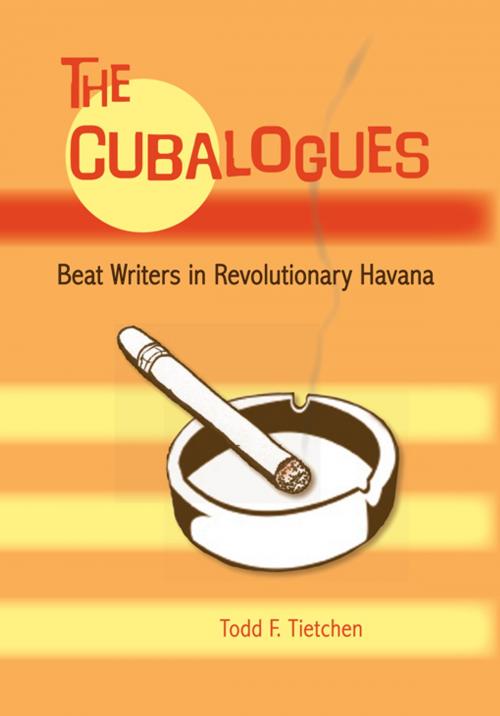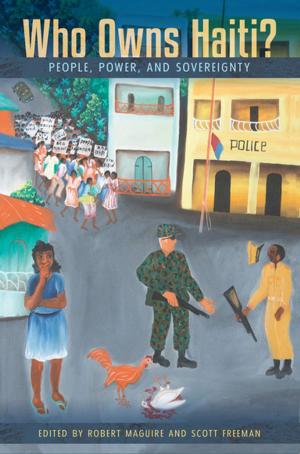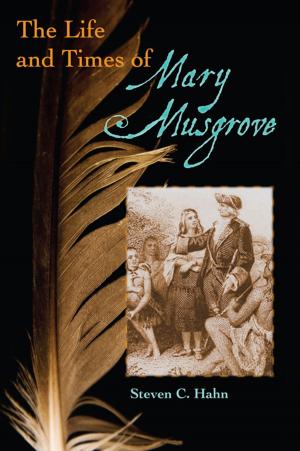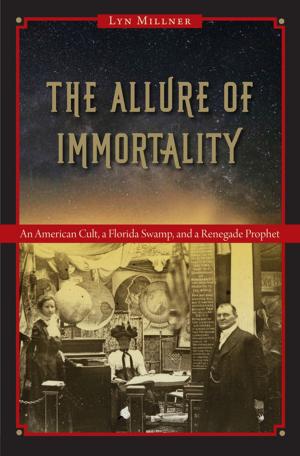The Cubalogues
Beat Writers in Revolutionary Havana
Fiction & Literature, Literary Theory & Criticism, Caribbean & West Indian, American, Biography & Memoir, Literary| Author: | Todd Tietchen | ISBN: | 9780813047850 |
| Publisher: | University Press of Florida | Publication: | October 17, 2010 |
| Imprint: | University Press of Florida | Language: | English |
| Author: | Todd Tietchen |
| ISBN: | 9780813047850 |
| Publisher: | University Press of Florida |
| Publication: | October 17, 2010 |
| Imprint: | University Press of Florida |
| Language: | English |
Immediately after the Cuban Revolution, Havana fostered an important transnational intellectual and cultural scene. Later, Castro would strictly impose his vision of Cuban culture on the populace and the United States would bar its citizens from traveling to the island, but for these few fleeting years the Cuban capital was steeped in many liberal and revolutionary ideologies and influences.
Some of the most prominent figures in the Beat Movement, including Allen Ginsberg, Lawrence Ferlinghetti, and Amiri Baraka, were attracted to the new Cuba as a place where people would be racially equal, sexually free, and politically enfranchised. What they experienced had resounding and lasting literary effects both on their work and on the many writers and artists they encountered and fostered.
Todd Tietchen clearly documents the multiple ways in which the Beats engaged with the scene in Havana. He also demonstrates that even in these early years the Beat movement expounded a diverse but identifiable politics.
Immediately after the Cuban Revolution, Havana fostered an important transnational intellectual and cultural scene. Later, Castro would strictly impose his vision of Cuban culture on the populace and the United States would bar its citizens from traveling to the island, but for these few fleeting years the Cuban capital was steeped in many liberal and revolutionary ideologies and influences.
Some of the most prominent figures in the Beat Movement, including Allen Ginsberg, Lawrence Ferlinghetti, and Amiri Baraka, were attracted to the new Cuba as a place where people would be racially equal, sexually free, and politically enfranchised. What they experienced had resounding and lasting literary effects both on their work and on the many writers and artists they encountered and fostered.
Todd Tietchen clearly documents the multiple ways in which the Beats engaged with the scene in Havana. He also demonstrates that even in these early years the Beat movement expounded a diverse but identifiable politics.















